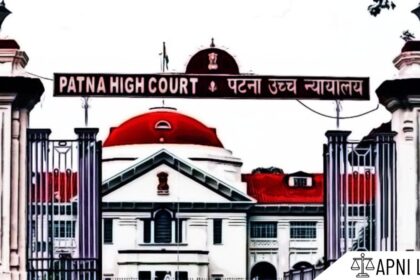Code
(1) Any party to a proceeding may, as soon as may be, after the close of his evidence, address concise oral arguments, and may, before he concludes the oral arguments, if any, submit a memorandum to the Court setting forth concisely and under distinct headings, the arguments in support of his case and every such memorandum shall form part of the record.
(2) A copy of every such memorandum shall be simultaneously furnished to the opposite party.
(3) No adjournment of the proceedings shall be granted for the purpose of filing the written arguments unless the Court, for reasons to be recorded in writing, considers it necessary to grant such adjournment.
(4) The Court may, if it is of opinion that the oral arguments are not concise or relevant, regulate such arguments.
Explanation
This section outlines the process of both oral and written arguments that take place after the presentation of evidence in a criminal trial. It states that:
- Oral arguments: Both the prosecution and the defense have the right to present their arguments orally to the court. This allows for a direct and interactive discussion of the case.
- Written arguments: Parties are also allowed to submit written arguments (memorials) to the court, which can further elaborate on their legal positions.
- Order of arguments: The order of arguments is typically prosecution first, followed by the defense, and then any rejoinder by the prosecution.
- Judge’s discretion: The court has the discretion to determine the length and content of the arguments presented, ensuring a fair and efficient trial.
Illustration
Imagine a case where a person is accused of theft. After the prosecution presents its evidence, the defense lawyer would have the opportunity to present their oral argument. They might argue that the prosecution’s evidence is circumstantial and doesn’t prove guilt beyond a reasonable doubt. They could also submit a written argument that elaborates on the legal points and presents supporting case law.
Common Questions & Answers
Q: Can a party choose to present only written arguments?
A: While the code allows for written arguments, it doesn’t explicitly state that oral arguments are optional. In practice, both oral and written arguments are generally expected unless the court specifically exempts a party from making oral submissions.
Q: What are the contents of a written argument (memorial)?
A: A written argument typically includes a summary of the case, legal arguments, analysis of applicable law, and citations to relevant precedents. It should be well-organized, concise, and clearly written.







